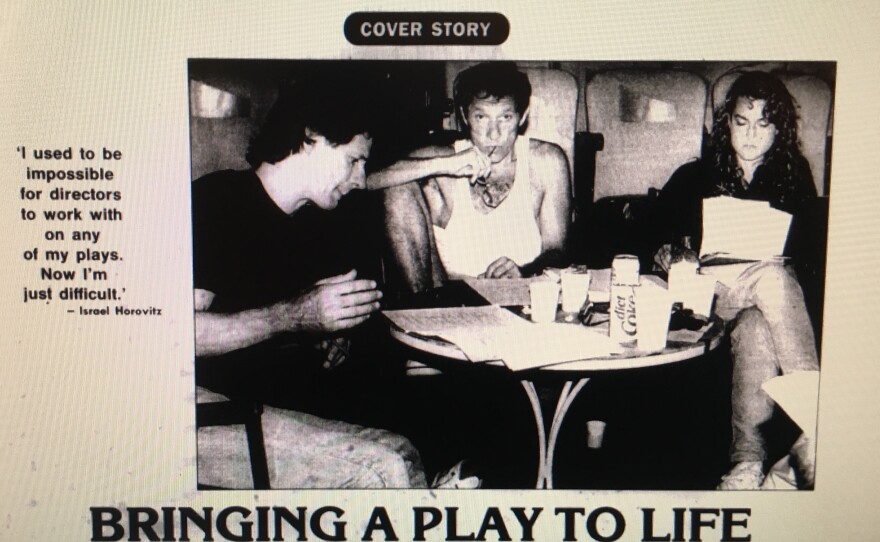Nearly a quarter century ago, a group of women accused a prominent playwright of sexual misconduct. A Boston newspaper published allegations of sexual harassment, unwanted touching and forced kissing. For the most part, the complaints went nowhere.
In 2017, more women came forward with accusations. This time, people listened.
On this episode of Hidden Brain, we explore the story through the lens of social science and ask, "Why Now?"
What has changed in our minds and in our culture so that allegations of sexual harassment and assault are being taken so much more seriously than they were in prior decades?
A note for listeners: This story includes descriptions of sexual harassment and assault. It may not be suitable for all listeners.
Further reading:
Private Truths, Public Lies by Timur Kuran
"Norm Perception as a Vehicle for Social Change" by Margaret E. Tankard and Betsy Levy Paluck
"Has Trump's Presidency Triggered the Movement Against Sexual Harassment?" by Ashwini Tambe
Hidden Brain is hosted by Shankar Vedantam and produced by Jennifer Schmidt, Rhaina Cohen, Parth Shah, Laura Kwerel, and Adhiti Bandlamudi. Our supervising producer is Tara Boyle. You can also follow us on Twitter @hiddenbrain, and listen for Hidden Brain stories each week on your local public radio station.
Copyright 2021 NPR. To see more, visit https://www.npr.org.




















